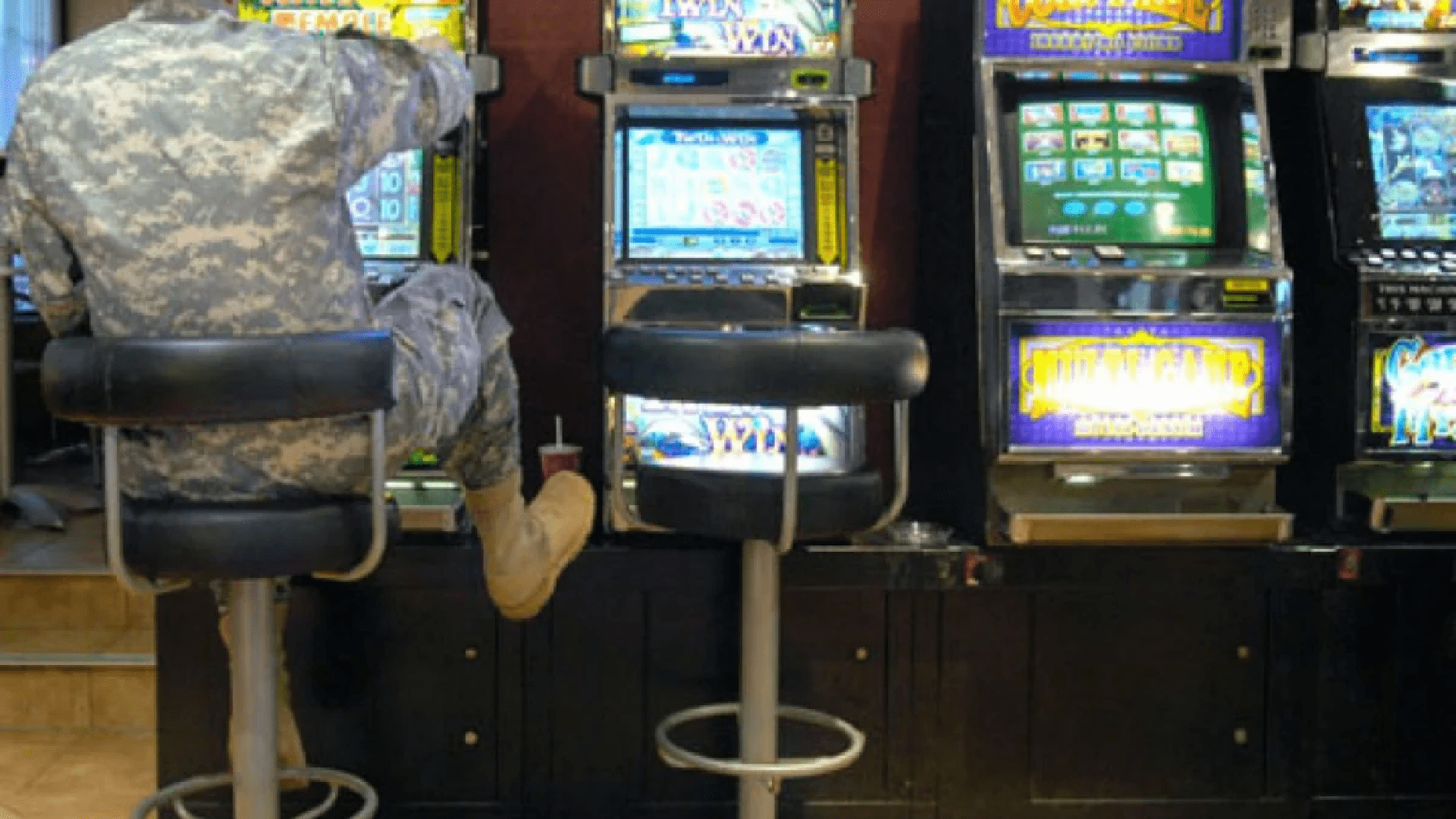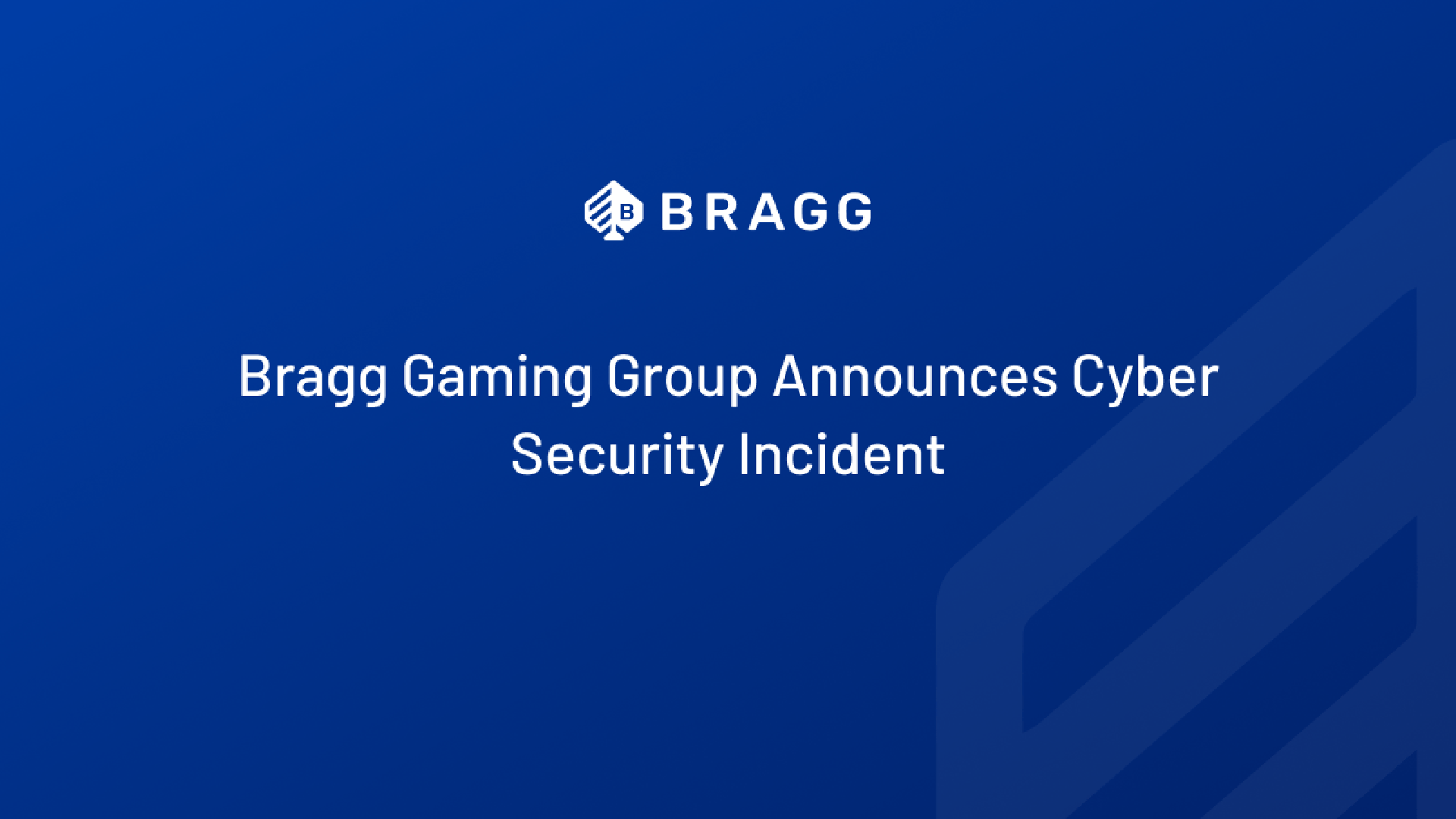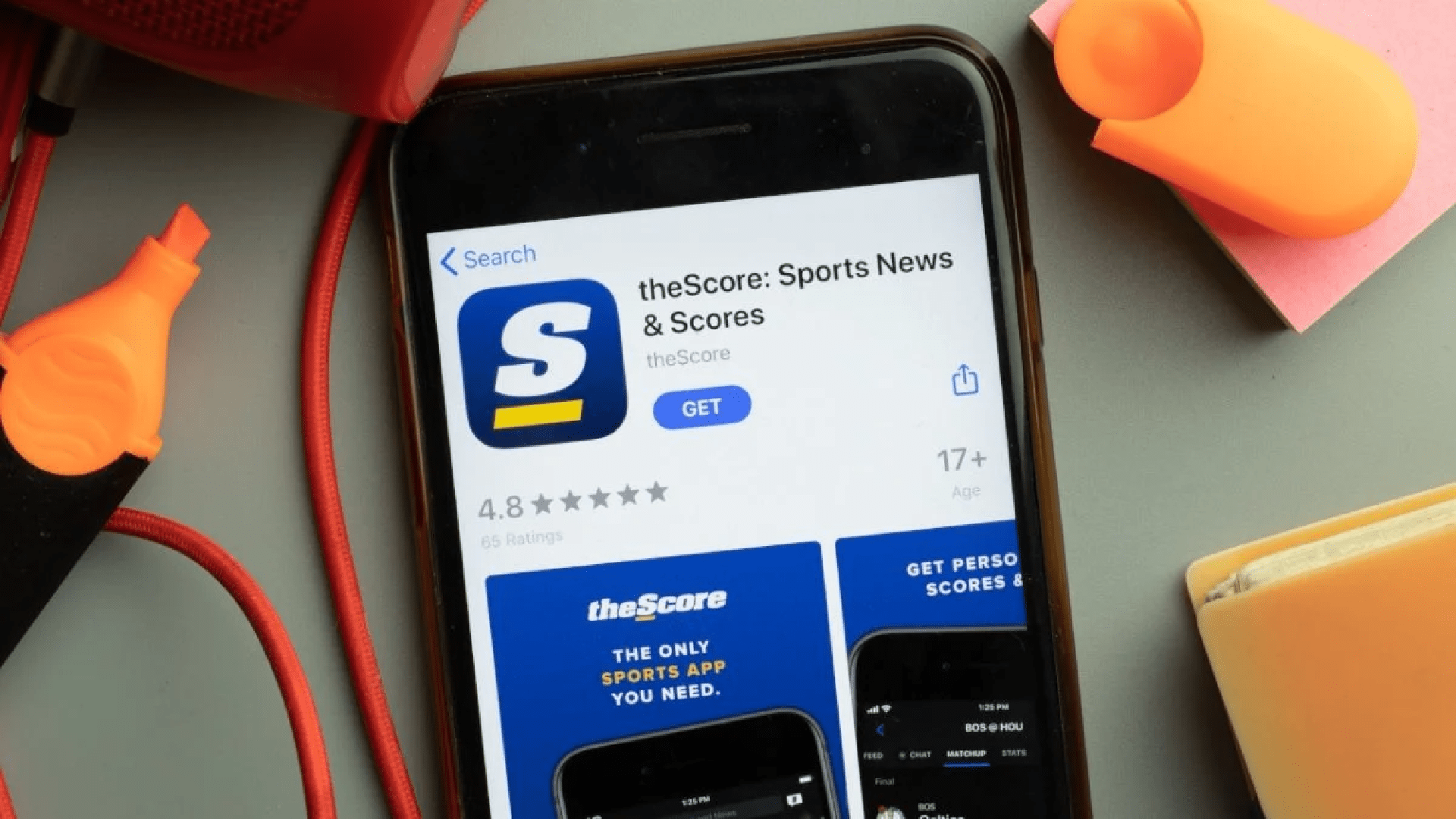Senate Committee Approves Gambling Addiction Research Among Military
Soon, the US Department of Defense (DOD) may begin researching the effects of gambling addiction on service members.
A section of the fiscal year 2026 Senate Defense Appropriations Bill was passed by the Senate Appropriations Committee on Monday. This provision would make gambling addiction an eligible study topic under the DOD's Peer-Reviewed Medical study Program (PRMRP) for the first time. On the grounds that resolving military members' gambling issues will enhance their general quality of life both during and after duty, the Appropriations Committee's actions were praised by those who supported the motion.
“The Committee’s action will finally give researchers, local VA clinicians, and military health officials the ability to better understand and address gambling addiction among those who serve,” said Derek Longmeier, president of the National Council on Problem Gambling’s Board of Directors. “We’re grateful to our allies in Congress, industry partners, and the public health community for making this progress possible.”
The PRMRP is a congressionally directed medical research program that was founded in 1999 with the goal of enhancing the health, care, and general well-being of veterans, active military personnel, and their families.
Military Gambling
The majority of citizens are unaware that military personnel frequently struggle with gambling issues. Slot machines are found in many US military installations abroad because, historically, soldiers have seen them as harmless methods to relax and divert their attention from their important tasks.
Over 3,000 gambling machines still operate on military locations abroad, bringing in roughly $100 million annually for the federal government.
However, some find it difficult to control their play. According to a January study from Casino.org, during the fiscal year 2023, US government charge cards accrued hundreds of thousands of dollars in unauthorized charges at international casinos.
According to the NCPG, over 20 million adults in America engage in problematic gambling activities. According to the organization, military communities continue to be "disproportionately affected."
"Servicemembers and Veterans facing gambling addiction deserve the same level of support and understanding we’ve worked to build around PTSD, depression, and other behavioral health challenges,” said Sen. Ben Ray Luján (D-New Mexico). “This provision is a critical step toward recognizing the realities our military community faces and ensuring the federal government invests in the basic, foundational research needed to support recovery.”
Up to 56,000 active-duty soldiers of the US military are estimated by the NGCP to have a gambling condition. According to the group, veterans have a two to three times higher risk of being addicted to gambling.
According to the NCPG, less than 10% of veterans and active military personnel who suffer from gambling disorders seek treatment.
Lack of Screenings
The National Defense Authorization Act of 2019 attempted to require yearly gambling disorder examinations for all service members. But according to the NCPG, the military and Veterans Affairs lack the information and resources needed to step in and offer "evidence-based care" in the absence of federal research funding.
The Appropriations Committee's vote to include gambling addiction research would be the first "federally recognized pathway for research into gambling addiction in the military," assuming the Defense Appropriations bill becomes law as anticipated.













